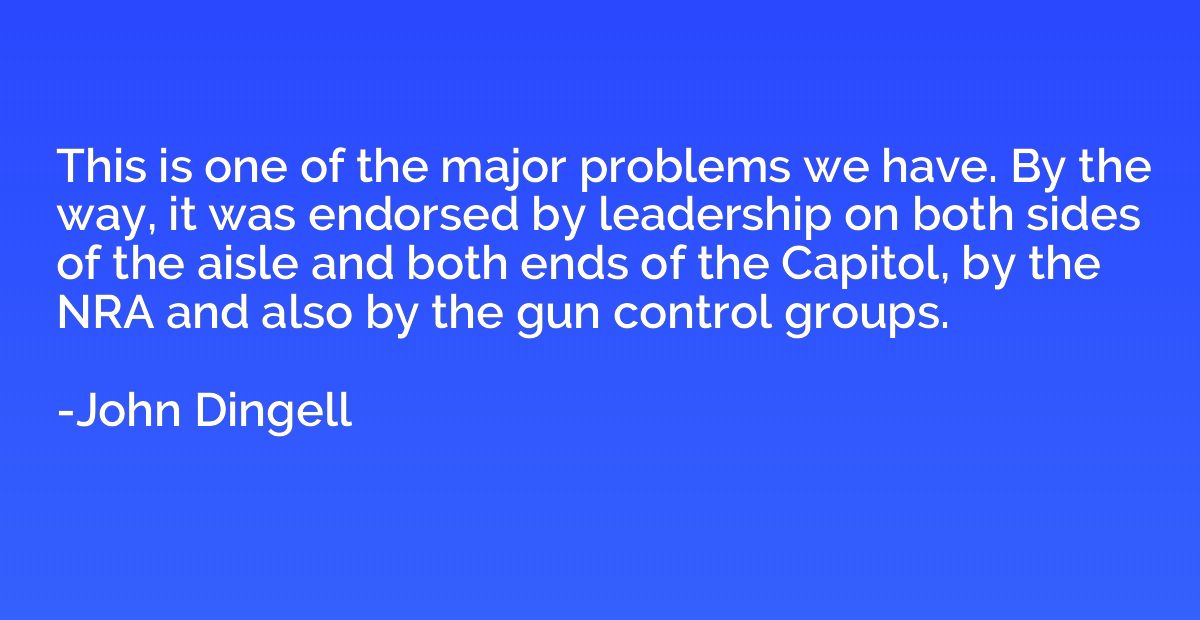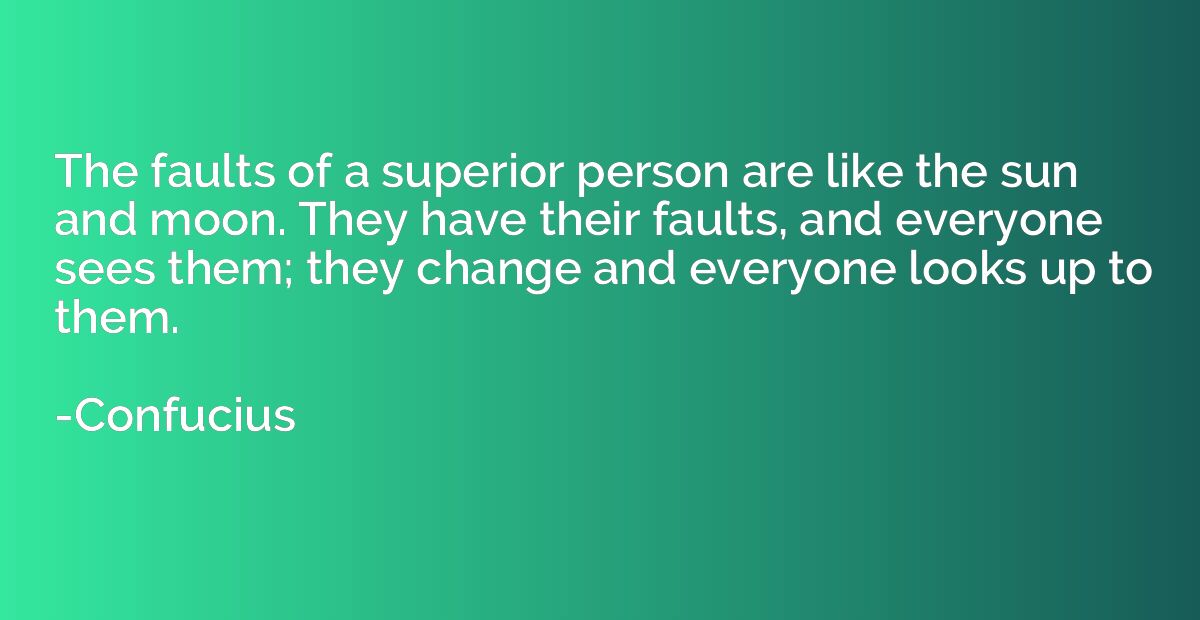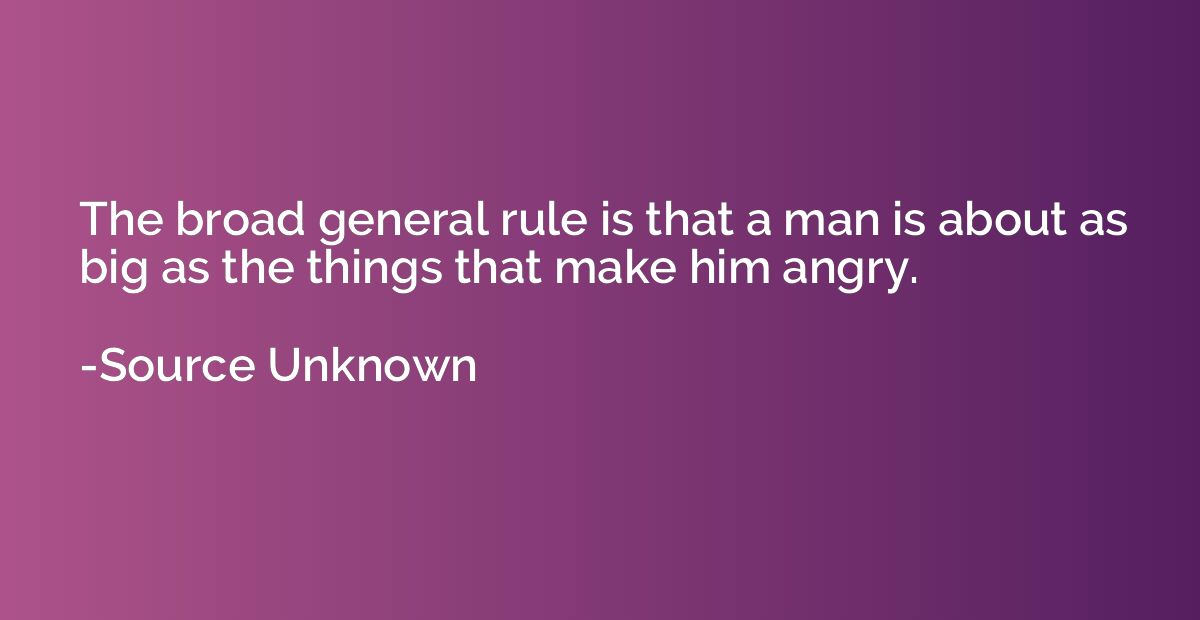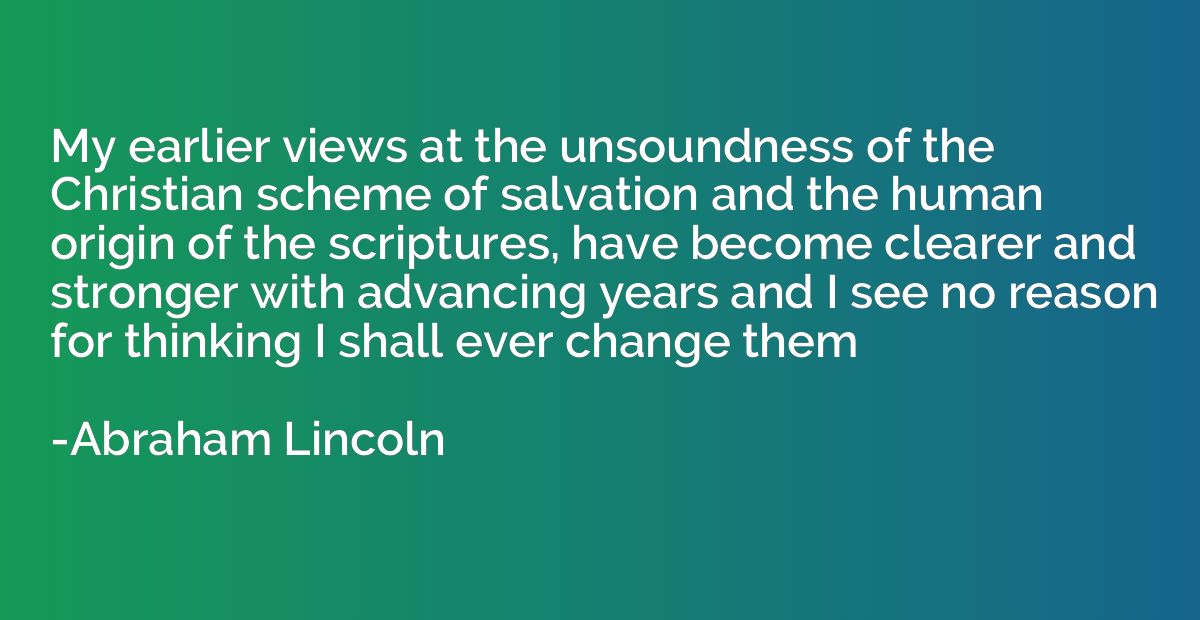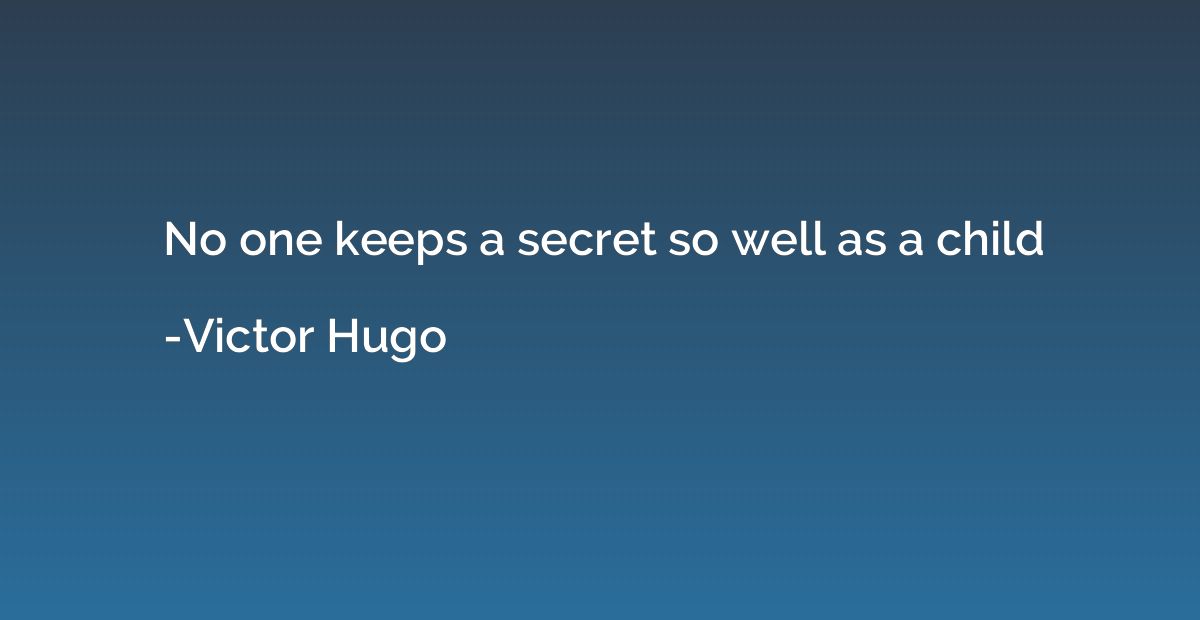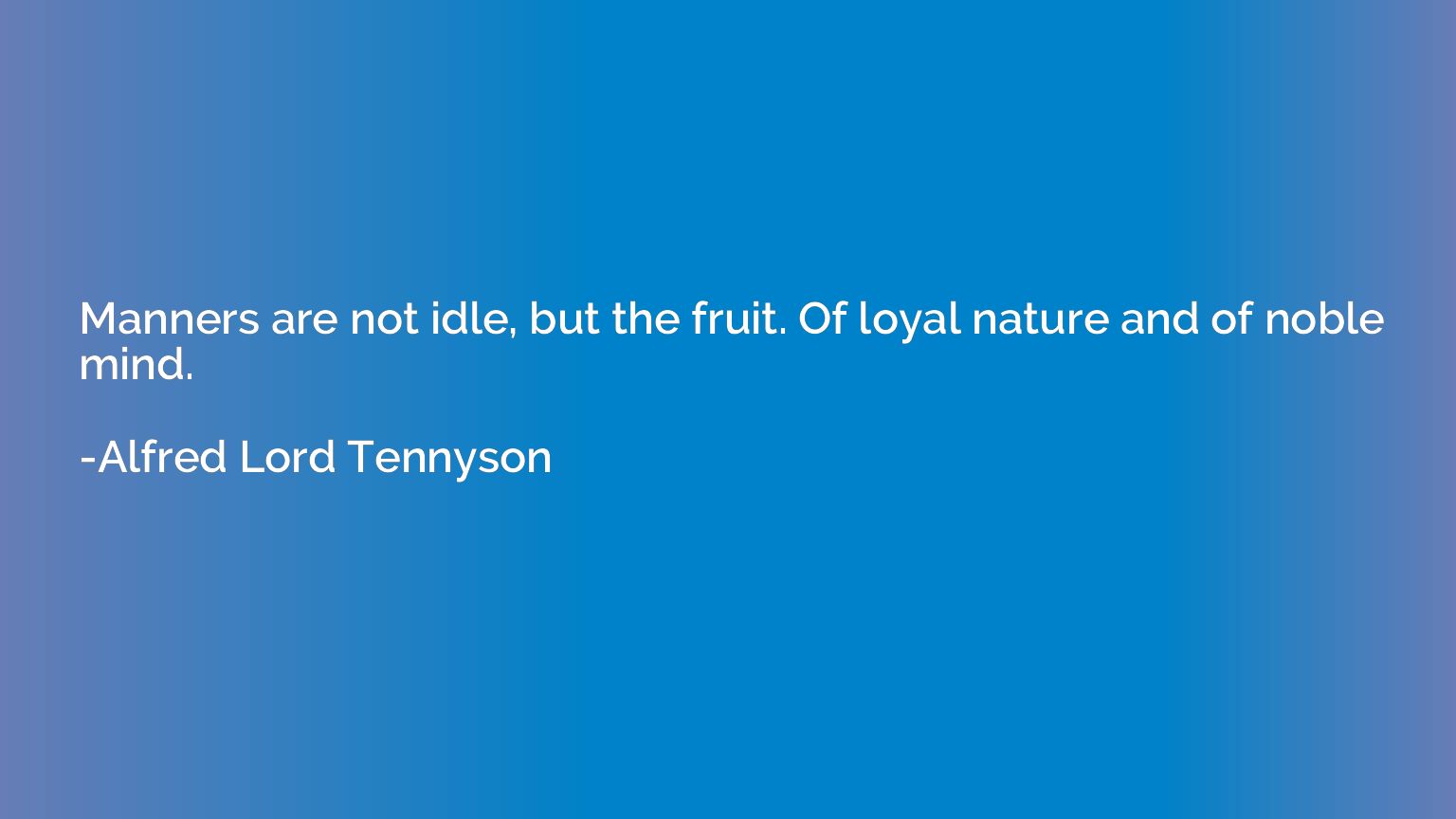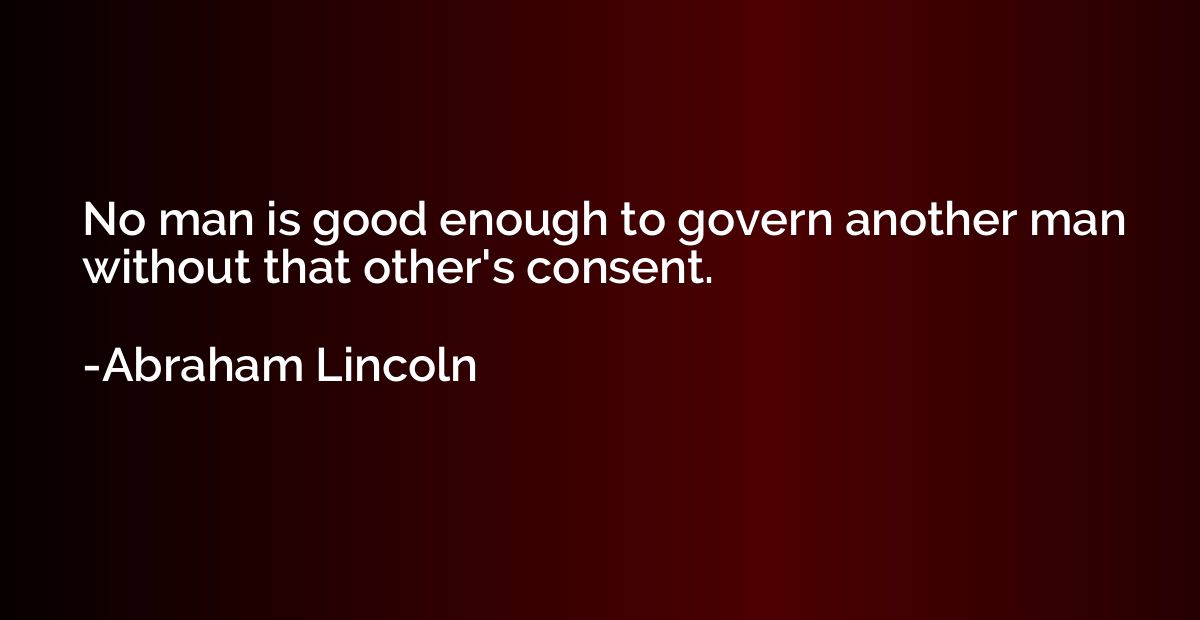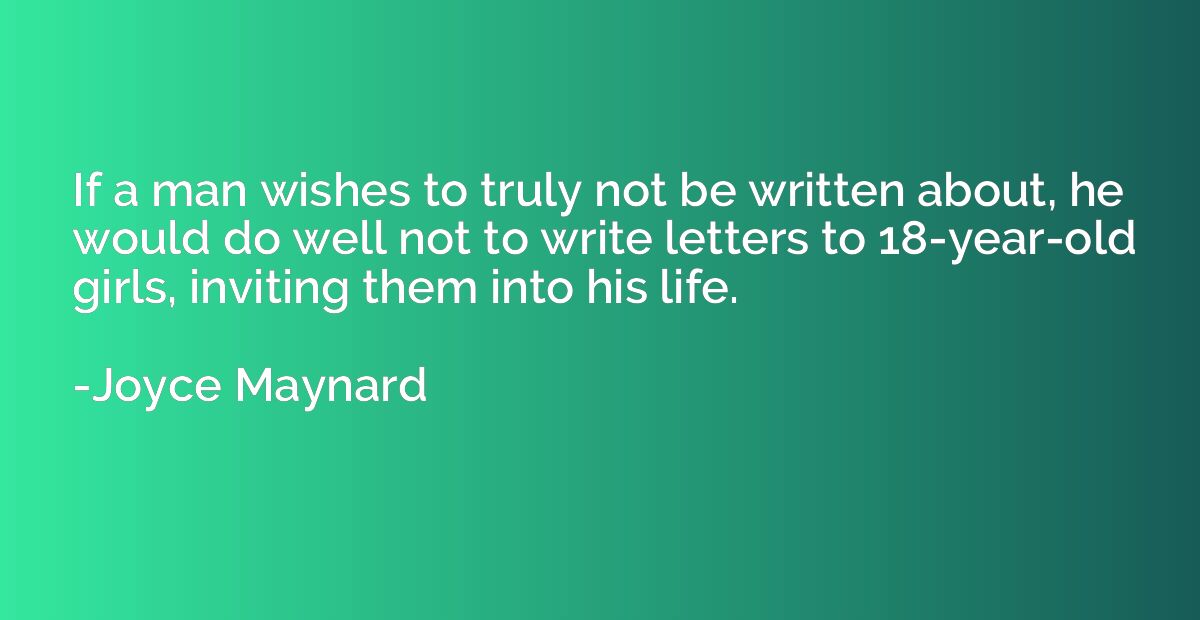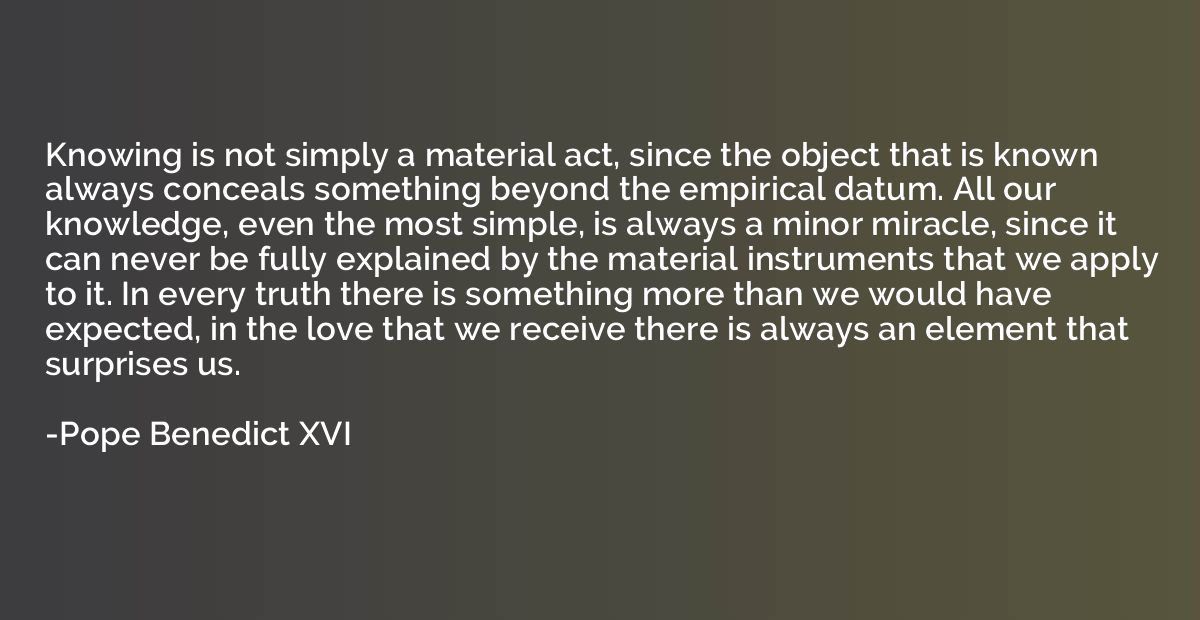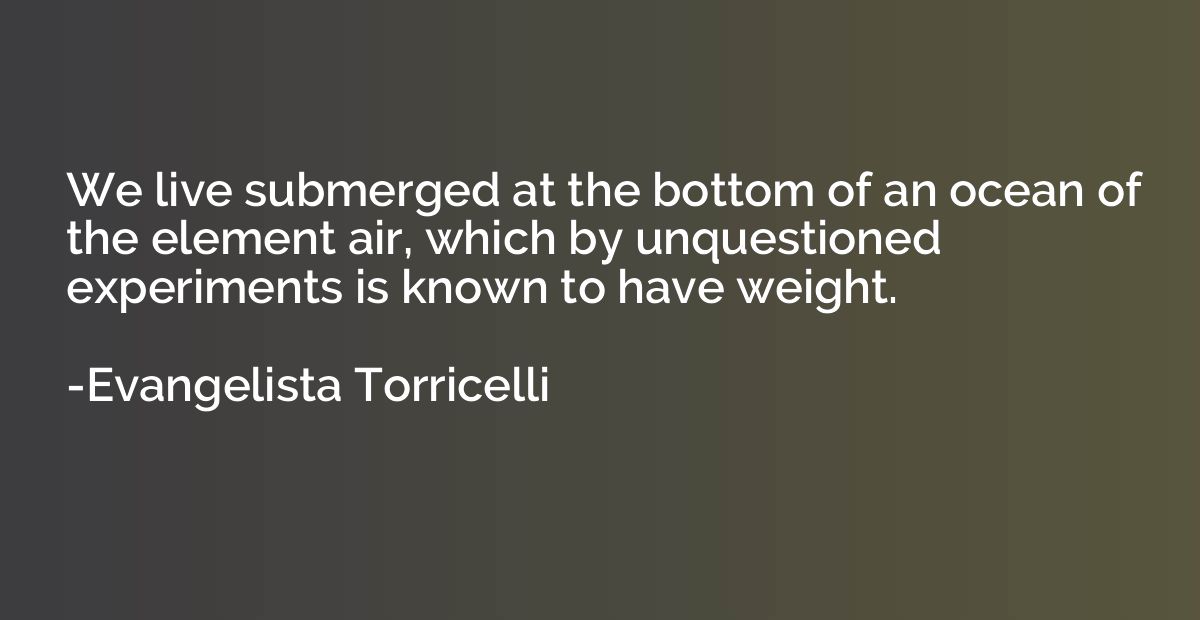Quote by C.S. Lewis
I do not think there is a demonstrative proof (like Euclid) of Christianity, nor of the existence of matter, nor of the good will and honesty of my best and oldest friends. I think all three are (except perhaps the second) far more probable than the alternatives. The case for Christianity in general is well given by ChestertonAs to why God doesn't make it demonstratively clear; are we sure that He is even interested in the kind of Theism which would be a compelled logical assent to a conclusive argument? Are we interested in it in personal matters? I demand from my friend trust in my good faith which is certain without demonstrative proof. It wouldn't be confidence at all if he waited for rigorous proof. Hang it all, the very fairy-tales embody the truth. Othello believed in Desdemona's innocence when it was proved: but that was too late. Lear believed in Cordelia's love when it was proved: but that was too late. 'His praise is lost who stays till all commend.' The magnanimity, the generosity which will trust on a reasonable probability, is required of us. But supposing one believed and was wrong after all? Why, then you would have paid the universe a compliment it doesn't deserve. Your error would even so be more interesting and important than the reality. And yet how could that be? How could an idiotic universe have produced creatures whose mere dreams are so much stronger, better, subtler than itself?
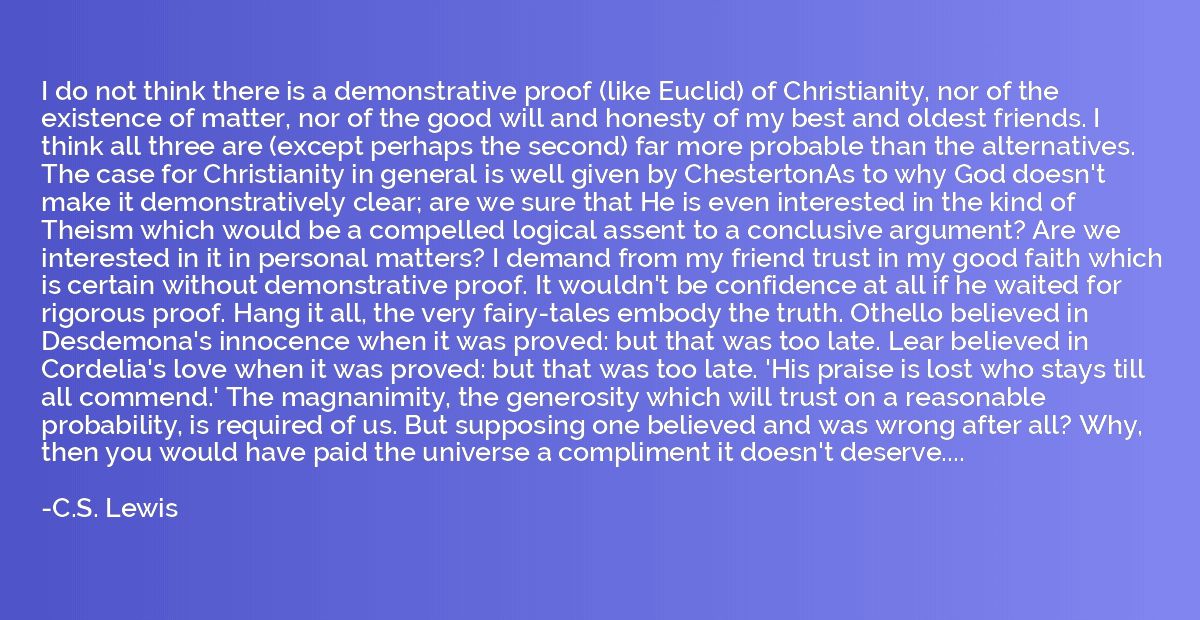
Summary
In this quote, C.S. Lewis reflects on the absence of conclusive proof for Christianity, the existence of matter, and the trustworthiness of his friends. He suggests that, while demonstrative proof may not be available for these things, they are still more probable than the alternatives. Lewis questions whether God intends for theism to be a compelled logical assent and compares it to personal relationships, where trust is necessary without demonstrative proof. He argues that even fairy tales contain truth and emphasizes the importance of magnanimity and generosity in trusting on reasonable probability. Lewis concludes by contemplating the paradox of humans dreaming of realities stronger and better than the universe itself.
By C.S. Lewis



